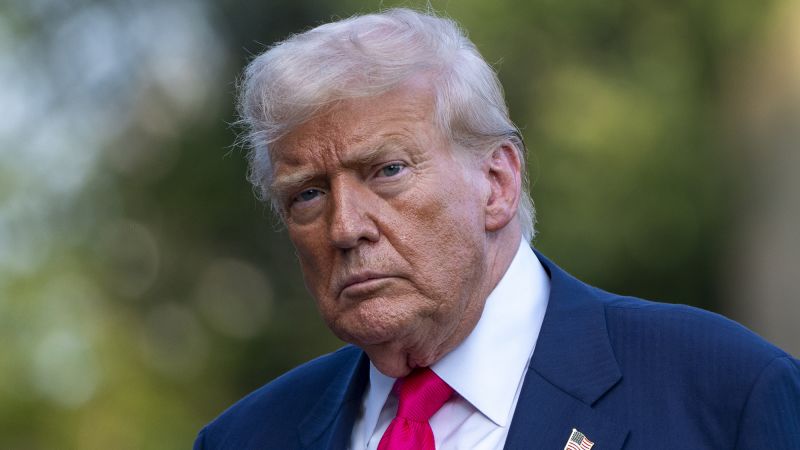In a striking turn of events, President Donald Trump has publicly criticized his former supporters, labeling them as “weaklings” who have been misled by what he describes as Democratic “bullshit” surrounding the late sex offender Jeffrey Epstein. This condemnation illustrates a significant moment in Trump’s ongoing struggles with his own base, particularly as he grapples with the implications of the Epstein controversy, which has been exacerbated by scrutiny directed at his administration regarding this sensitive matter.
Trump’s assertions came after he claimed that Democrats had hit “pay dirt” with the Epstein scandal, alleging that his political adversaries are weaponizing this issue to launch attacks against him. He perceived this as an attempt to undermine his legacy and distract from what he views as the substantial successes of his presidency. In a message posted on Truth Social, Trump characterized the narratives surrounding Epstein as a “SCAM,” coining it the “Jeffrey Epstein Hoax,” and he expressed frustration that some of his prior supporters had succumbed to what he believes is misinformation, suggesting that they have “bought into this ‘bullshit’ hook, line, and sinker.”
The President articulated his discontentment further by emphasizing that he has achieved remarkable success within just six months of his tenure, something he feels should be the primary focus, rather than the Epstein allegations. He referenced a recent memo from the Justice Department which stated that there would be no release of an Epstein “client list,” which many have speculated could implicate several high-profile individuals. Trump saw the media’s emphasis on this controversy as an effort orchestrated by the “Fake News” and “success-starved Democrats” to detract from his administration’s accomplishments. He openly declared that he no longer desires the support of those he considers to be capitulating to the narrative pushed by Democrats.
Notably, Trump’s message marked a drastic shift in tone towards his supporters, some of whom have expressed their dissatisfaction concerning his administration’s handling of Epstein’s past and his connections to the case. His vocal expression of dismay demonstrates a growing rift between him and a segment of his base who may feel disillusioned about the lack of transparency surrounding the scandal. Previously, although Trump often brushed off the Epstein controversy as uninteresting, he had not explicitly distanced himself from significant allies who have been vocal advocates for further information regarding the investigation.
This public rift could have implications for Trump’s political future, particularly as he seeks to maintain a robust support base leading into future elections. By dismissing former allies and condemning their concerns, he risks alienating those who once stood firmly in his corner. This discontent may resonate beyond his immediate circle, impacting his broader popularity among Republican voters, especially those keen on accountability pertaining to high-profile criminal matters.
As this story continues to evolve, the ramifications of Trump’s critical stance toward his supporters remains to be seen. The ongoing discourse surrounding the Epstein scandal suggests a multifaceted battle in the political landscape, where narratives can rapidly shift and influence the direction of political alliances. Trump’s portrayal of this issue as a distraction reinforces the complexities he faces in trying to balance his messaging while also addressing the criticisms that arise from within his own camp. As developments unfold, political observers and supporters alike will be keenly interested in how this situation is navigated and what it could mean for Trump’s influence within the Republican Party moving forward.











